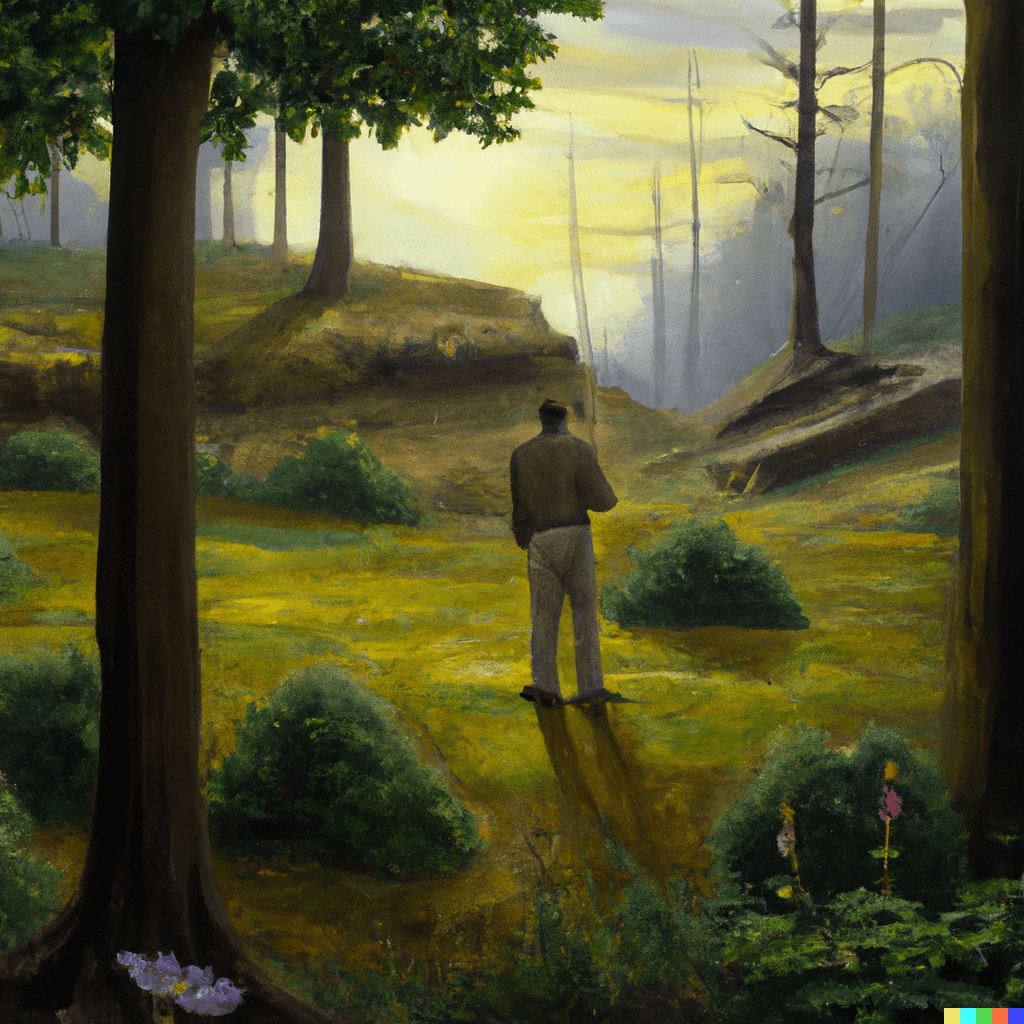You should be ashamed of yourself.
I was a repulsively good kid growing up. I don’t think I would have been classified as a “goody goody” – does that term even exist anymore? – but I just didn’t get in that much trouble. As an only child, I was pretty spoiled, and I didn’t want to mess with the good deal I had.
Still, I had spectacular failures. I’ll not share those because they’re none of your business, and we don’t know each other that well. On one occasion, Mama laid on me the title of this article: “Michael Anthony Martin, you should be ashamed of yourself.” It’s always bad when parents call you by your whole name.
So – being ashamed. I think there was a time when Southerners had the capacity to be ashamed because of something we did or said, but that may be a lost ideal.
In our modern world, the concept of shame often gets a bad rap. It’s seen as an outdated, negative emotion, something to be avoided at all costs. But have we, in our quest to be free of discomfort, lost sight of the transformative power of shame? As Christians, we understand that shame, when understood and approached correctly, can be a catalyst for positive change.
The Lost Art of Feeling Ashamed
In a society that champions the mantra of “doing what feels right,” the idea of feeling ashamed for our actions seems almost archaic. We live in a world where personal truth often overrides absolute Truth, and the notion of feeling embarrassed by our negative behaviors is increasingly rare. But is this lack of shame a sign of progress or a warning of lost moral compass?
Shame in the Biblical Context
The Bible doesn’t shy away from discussing shame. In fact, it’s often presented as a natural response to sin and wrongdoing. Proverbs 14:34 reminds us, “Righteousness exalts a nation, but sin is a reproach to any people.” This reproach, or shame, is not meant to be a permanent state but a moment of realization, a turning point.
The Role of Shame
Shame’s true role is not to condemn but to convict. It’s like a mirror, reflecting back our imperfections, not to discourage us but to encourage us to seek better. In 2 Corinthians 7:10, Paul talks about godly sorrow leading to repentance: “Godly sorrow brings repentance that leads to salvation and leaves no regret, but worldly sorrow brings death.” This distinction is crucial. Godly sorrow, or shame, should lead us to a place of positive change.
Moving from Guilt to Grace
Feeling shame for our negative thoughts and behaviors is a starting point, not the end. It’s where grace enters the picture. Ephesians 2:8 reminds us, “For it is by grace you have been saved, through faith—and this is not from yourselves, it is the gift of God.” Grace doesn’t negate the need for shame; rather, it provides the means for moving beyond it.

Practical Steps to Growth
- Acknowledgment: Admitting our faults is the first step towards change.
- Seeking Forgiveness: This involves both asking God for forgiveness and seeking to mend our relationships with those we’ve wronged.
- Learning and Growing: Use your experiences of shame as lessons for personal growth.
- Resting in God’s Grace: Remember that your identity is not in your failures but in Christ.
Encouragement for the Journey
The journey from guilt to growth is not a solitary one. We’re reminded in Galatians 6:2 to “Carry each other’s burdens, and in this way you will fulfill the law of Christ.” Let’s not shun the feeling of shame, but use it as a tool for growth, encouragement, and positive change.
Have we lost the ability to feel ashamed? Perhaps in some ways, we have. But as Christians, we have the unique opportunity to reclaim shame as a step towards redemption and growth. It’s not about wallowing in guilt but about embracing the journey from conviction to grace. Let’s walk this path together, encouraged and ready to grow into the people God intends us to be.





